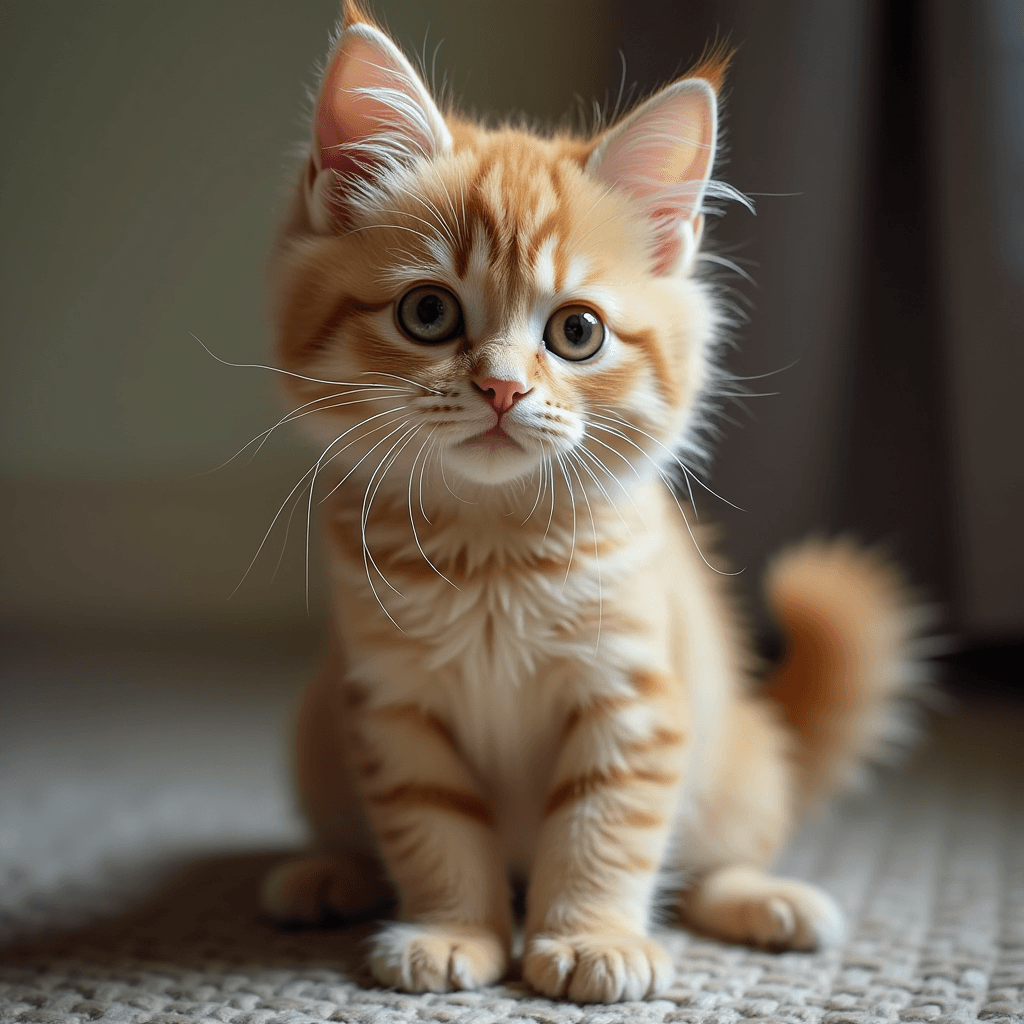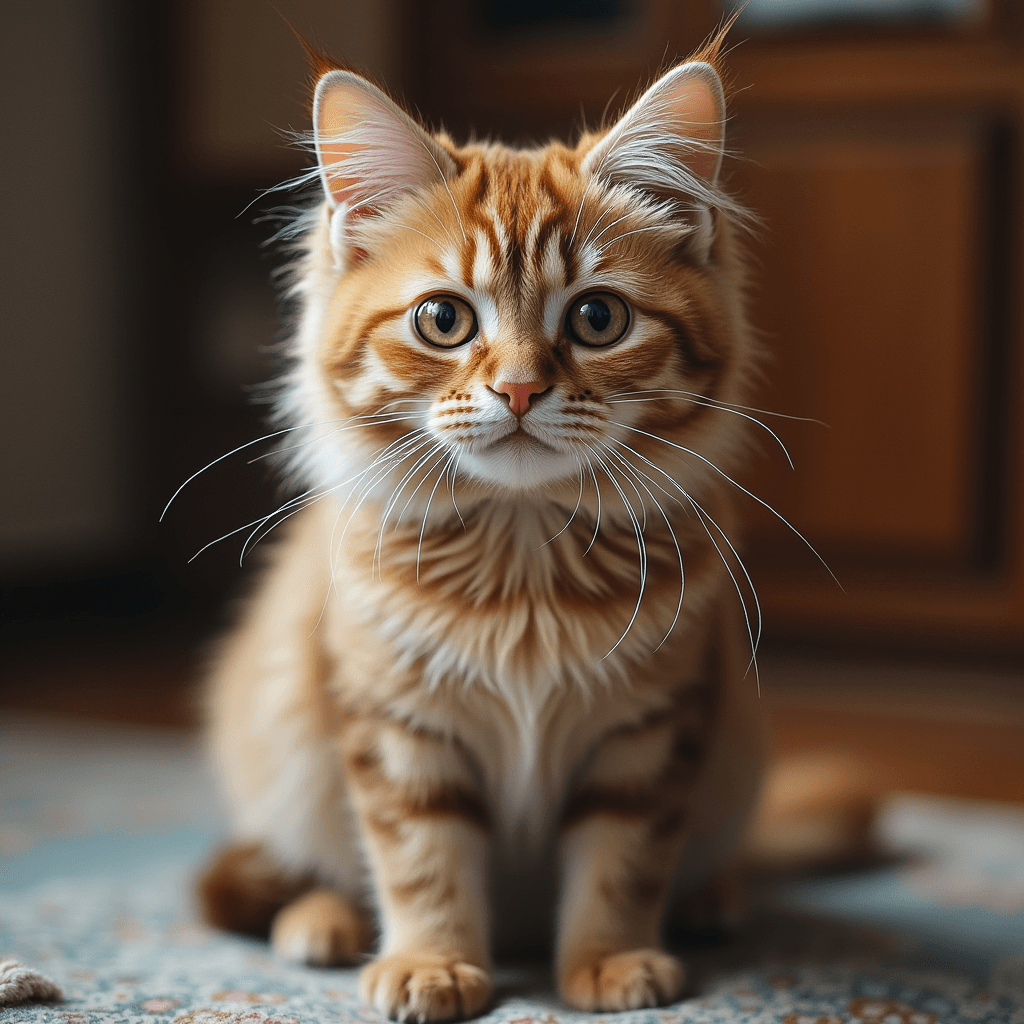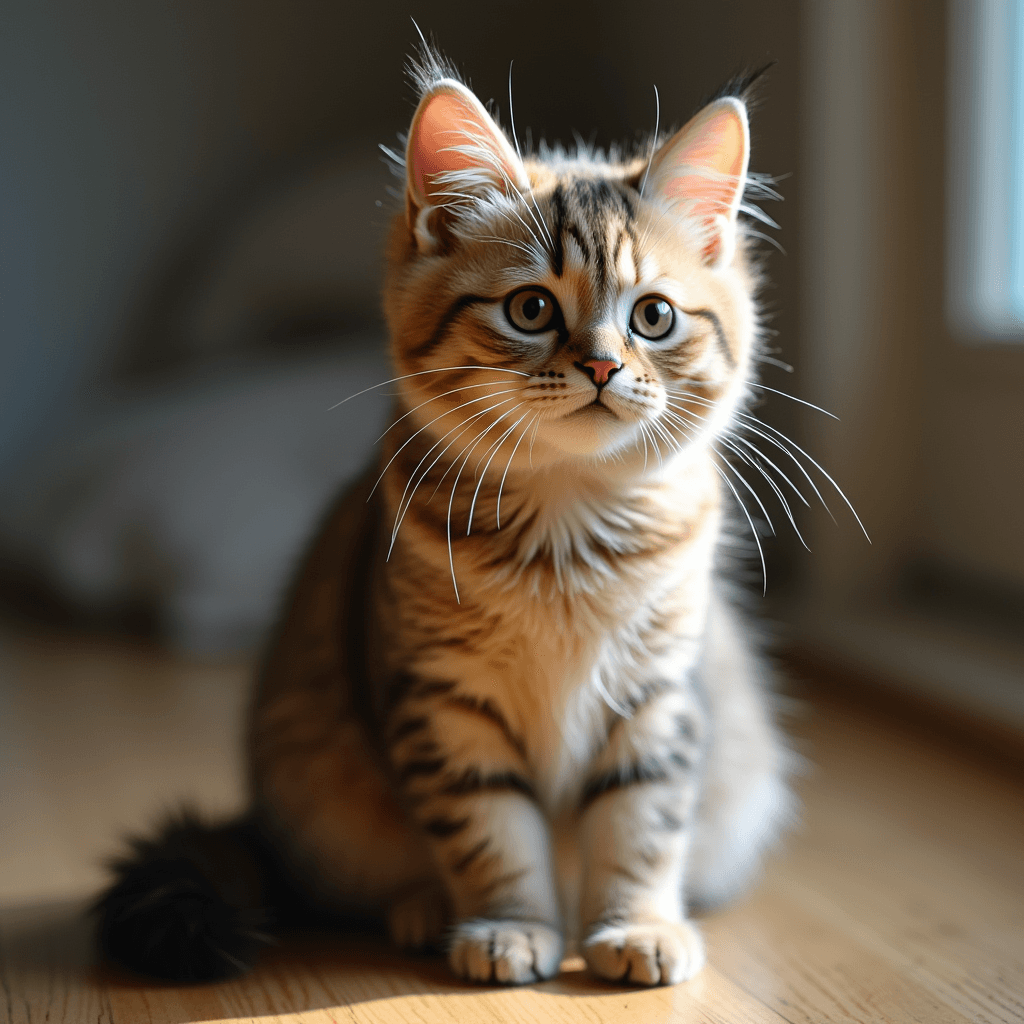Cats have long been adored for their beauty, grace, and personality. But for those looking to bring a truly unique companion into their home, exotic house cat breeds offer a mesmerizing blend of wild beauty and domestic companionship. With their striking appearances and distinctive traits, these cats captivate the hearts of cat lovers around the world. If you’ve ever wondered about owning one of these rare breeds, this comprehensive guide will take you through everything you need to know before adding an exotic cat to your family.
Table of Contents
What Defines an Exotic House Cat Breed?
When it comes to defining what makes a cat “exotic,” it’s more than just their unique looks. Exotic house cat breeds are often distinguished by their rare lineage, distinctive features, and sometimes, their wild ancestry. They have become popular for their extraordinary beauty, unique coat patterns, and unusual personalities, setting them apart from more common domestic breeds.
However, owning an exotic cat requires understanding their specific care needs, energy levels, and sometimes, even legal regulations, as some hybrid breeds (like Savannahs) have restrictions in certain areas. Breeding practices for exotic cats are also closely monitored to maintain their health and preserve their extraordinary qualities. So, what are the most popular exotic breeds? Let’s dive in.

Popular Exotic House Cat Breeds
If you’re considering an exotic cat, it’s important to familiarize yourself with the different breeds and their unique characteristics. Below are some of the most sought-after exotic house cat breeds, each with its own personality, appearance, and care needs.
Bengal Cats
Bengal cats are a popular choice for those who want a cat that looks like it walked straight out of the jungle. With their leopard-like spots and sleek, muscular bodies, Bengal cats are as wild in appearance as they are playful. Their high energy and intelligence make them excellent companions for active households.
- Personality: Bengals are known for their playful, adventurous nature. They thrive on interaction and enjoy activities like fetch or chasing toys.
- Appearance: Their short, shiny coats are covered in bold spots or rosettes, similar to wild leopards.
- Care Requirements: Bengals need plenty of stimulation and exercise, making cat trees, toys, and puzzle feeders essential for keeping them entertained.
Savannah Cats
A cross between a domestic cat and an African serval, the Savannah cat is one of the most exotic-looking breeds. Their tall, lean bodies and large ears give them an elegant, almost wild appearance. While they are friendly and affectionate, Savannahs are also known for their boundless energy.
- Personality: Savannahs are highly social and form strong bonds with their families. They enjoy exploring their environment and are known to be very curious.
- Appearance: With long legs, a sleek body, and large, rounded ears, Savannahs resemble their wild ancestors.
- Care Requirements: Due to their size and energy levels, Savannahs need a lot of space and prefer environments where they can explore and climb.
| Characteristic | Bengal Cats | Savannah Cats |
|---|---|---|
| Energy Level | High | Very High |
| Coat Pattern | Spotted/Rosetted | Solid/Spotted |
| Social Nature | Playful and Active | Affectionate and Curious |
Egyptian Mau
Known for being one of the only domestic cats with natural spots, the Egyptian Mau is as fast as it is beautiful. These cats are incredibly agile, making them the sprinters of the feline world. But aside from their speed, they are also known for their affectionate nature and loyalty to their owners.
- Personality: Egyptian Maus are loyal and often form strong bonds with their human companions. They can be a bit reserved around strangers but are loving with their families.
- Appearance: These medium-sized cats have a graceful, muscular build with a unique spotted coat.
- Care Requirements: Egyptian Maus are relatively easy to care for, but they benefit from regular play sessions to help them burn off energy.

Abyssinian Cats
The Abyssinian is often considered one of the oldest and most regal cat breeds, with roots tracing back to ancient Egypt. These cats are known for their active and playful personalities, as well as their curious nature. If you’re looking for a cat that will keep you on your toes, the Abyssinian might be the perfect choice.
- Personality: Abyssinians are curious, intelligent, and energetic. They love to explore their surroundings and are known for their strong desire to interact with their owners.
- Appearance: With a sleek, elegant build and short, ticked coat, Abyssinians are often described as the “gymnasts” of the cat world.
- Care Requirements: These cats are highly active and require plenty of toys and climbing opportunities to keep them entertained.
What to Consider Before Adopting an Exotic Cat
Before you make the decision to bring an exotic cat into your home, it’s important to understand the unique responsibilities that come with these breeds. Owning an exotic house cat can be a rewarding experience, but it also comes with its own set of challenges.
Space and Environment
Many exotic breeds, such as Savannahs and Bengals, are highly energetic and need plenty of space to roam. If you live in a small apartment, these cats may not have enough room to burn off their energy, which can lead to behavioral issues. Ideally, you should have a larger living space with plenty of vertical climbing structures.
High-Energy Needs
Exotic cats are not content with sitting idly by. They thrive on interaction, and their high energy levels mean they need constant stimulation. Consider investing in interactive toys, cat trees, and puzzles to keep your exotic cat entertained. Regular playtime is essential for their physical and mental health.
Veterinary Care
Because of their unique genetics, some exotic breeds may require specialized veterinary care. It’s important to work with a vet who is familiar with the needs of your particular breed to ensure they stay healthy and happy.
Legal Considerations
Before adopting a hybrid breed like the Savannah or Bengal, check local laws and regulations. Some areas have restrictions on owning hybrid cats, particularly F1 (first-generation) Savannahs, due to their wild ancestry. Make sure you’re aware of any legal hurdles before bringing an exotic breed into your home.
Exotic House Cat Breeds Care Guide
Caring for an exotic house cat can be a little different from caring for a typical domestic breed. From diet to grooming, here are the essentials you’ll need to know.
Diet and Nutrition
Many exotic cats have higher protein requirements, which means their diets should include a significant amount of animal protein. A raw food diet, or high-quality commercial food that mimics the nutritional profile of their wild ancestors, is often recommended.
Example Recipe for Homemade Raw Cat Food:
- 1 pound chicken thighs (with bone)
- 1/2 pound chicken liver
- 2 raw eggs
- 1 tablespoon fish oil
- 2 cups water
This recipe provides a high-protein, nutrient-rich diet that supports the active lifestyle of exotic cat breeds.
Grooming Needs
While some exotic breeds, like Bengals, have short coats that require minimal grooming, others, like long-haired exotic cats, may need more frequent brushing. Regular grooming helps keep their coats shiny and reduces shedding.
Enrichment and Exercise
Providing enrichment is essential for maintaining the well-being of exotic cats. From laser pointers to climbing towers, these cats need mental and physical stimulation to stay happy. Incorporate daily play sessions to help them stay active and engaged.
Frequently Asked Questions About Exotic House Cat Breeds

1. Are exotic house cat breeds legal to own?
Yes, most exotic house cat breeds are legal, but certain hybrid breeds like Savannahs may have restrictions depending on local regulations.
2. Do exotic house cats require special diets?
Yes, many exotic breeds benefit from high-protein diets, similar to their wild ancestors, to maintain their energy levels and health.
3. How much do exotic house cats cost?
Exotic cat breeds can vary in price, ranging from $1,000 to over $20,000 depending on the breed, lineage, and breeder.
4. Which exotic house cat breed is the most affectionate?
While most exotic breeds are known for their independence, some, like the Abyssinian and Bengal, are very affectionate and enjoy bonding with their owners.
Should You Get an Exotic House Cat?
If you’re ready to bring a unique, beautiful, and energetic feline into your life, an exotic house cat breed could be the perfect fit. However, it’s important to remember that these breeds come with specific care requirements, and you’ll need to be prepared for the responsibility. From providing a stimulating environment to ensuring proper veterinary care, owning an exotic cat can be both a rewarding and challenging experience.

